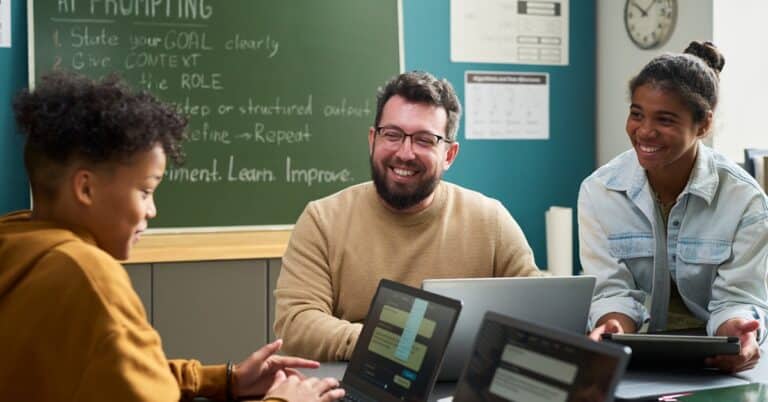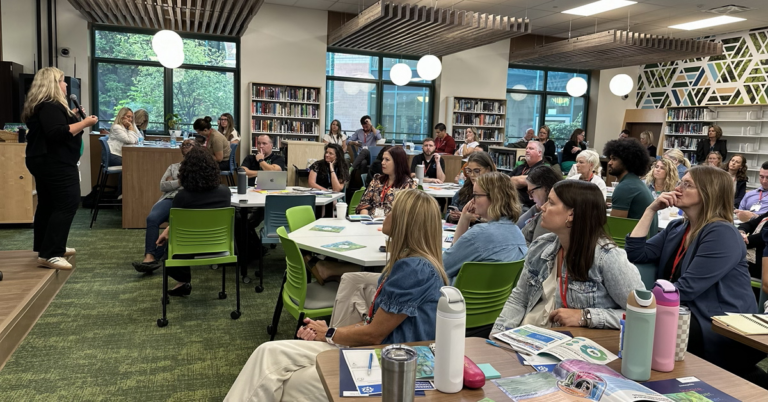What is competency-based education?
Competency-based education is the best approach to personalizing learning for students. While personalized learning can exist at the classroom level, competency-based education, or CBE, often emerges as a systemic approach to ensuring personalization across a state, community, school district and/or throughout a school.
A competency-based learning environment includes the following elements:
- Each student gets what they need to reach their fullest potential and master high standards through flexible pathways, differentiated support, individual and collective tasks and multiple means and opportunities to demonstrate skill development
- Students have individual agency as well as collaborate in co-constructing pathways and measures of learning
- Standards, competencies and measures of mastery incorporate community input and voice to ensure pathways reflect universal design for learning and are non-biased
What's in a name?
How can competency-based education improve educational equity?
Competency-based education is based on the principle that all children can learn at high levels. Educators in competency-based education environments help students grow and deepen their learning from where they are and ensure every student succeeds, not just some. In a personalized, competency-based learning environment, learning is focused on:
- Preparing students for an uncertain future: Robust supports from educators help students develop the skills they need to become self-advocates, critical thinkers and experienced collaborators, skillsets that will be necessary for supporting them in the future.
- Developing the whole child: In addition to academic growth, personalized learning emphasizes the importance of addressing each learner’s social, emotional, mental and physical needs.
- Empowering individuals to reach their potential: By helping students to develop individual ownership of learning, they are encouraged to explore their strengths and interests, and get the support they need to set and achieve personal education goals.
- Empowering student ownership: Students are empowered to make important decisions about their learning experiences and how they will apply and demonstrate their knowledge and skills on a daily basis.
Photo courtesy of Allison Shelley/The Verbatim Agency for American Education: Images of Teachers and Students in Action.





